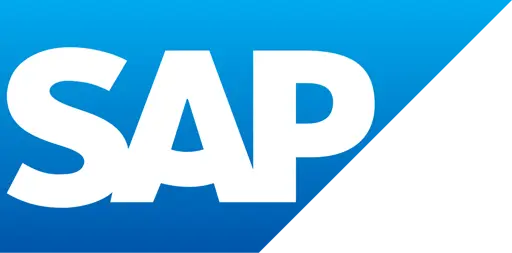SAP is a German Enterprise Resource Planning (ERP) employing 100k people worldwide. People working in that field, how is it nowadays?
SAP is a German Enterprise Resource Planning (ERP) employing 100k people worldwide. People working in that field, how is it nowadays?

SAP - Wikipedia
